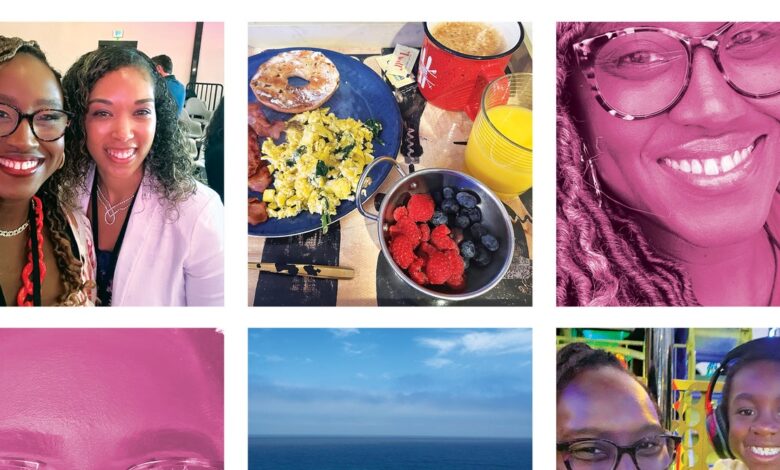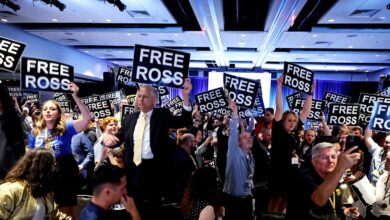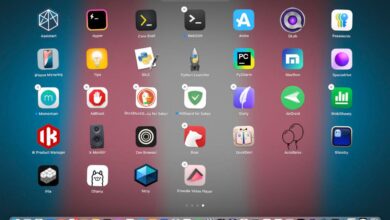Studio executives want Hollywood to better understand bad storytelling

That’s fair.
When you think about building stories from multiple audiences, not just audiences of color, but gay audiences, disabled audiences, female audiences, I mean, we’ve seen a lot of evidence lately at the box office shows how difficult it is to build a movie. the film did not fare well with BIPOC and female audiences. Unfortunately, we don’t have a lot of data on gay and disabled audiences from a box office perspective, but everything I’m reading tells me that as those audiences become more vocal, it’s unlikely success without them.
When we say we’re trying to broaden our commercial appeal, what we’re really saying is trying to give you many different entry points to reach different audiences from an authenticity standpoint. more real. So when they see that character in the trailer, they feel as though real thought has been put into it, as opposed to what seems like a surface-level representation or icon doesn’t really give what you’re looking for.
What would you say to someone who calls Story Spark another AI tools studio forcing an already fractured industry?
There is no AI involved in Story Spark. The only thing that is working is your brain.
Original AI.
Right. Practical intelligence. One thing about my time working in tech is learning how to build scalable solutions that everyone can use. You are not uploading a script. You’re taking a script that you know well and you’re asking yourself a set of questions about it, or you’re asking your creative collaborators a set of questions about it. As for the idea of studios forcing everything into a fractured market, I think one of the lessons for me from strikes are extremely discerning consumers, and part of the role of studios in good partnerships with storytellers is to find places for constructive, debate and positive dialogue. If the studio executive agrees to everything and there are no notes, it probably won’t be the best movie. Same thing with narrators—you don’t have to take every note, but you can’t help but take notes.
Because if you don’t, what will happen?
In my opinion, there’s nothing worse than showing up on opening weekend and suddenly having stories related to your movie that were never developed. We want to eliminate that problem and frontload those conversations.
Story Spark isn’t AI, but AI is still coming to Hollywood. OpenAI is attracting many major studios with Sora, a text-based video creation tool. Many filmmakers have reservations about the use of AI and its consequences. Do you think those reservations are reasonable?
What always happens when new technologies come online is that there is immediate, Oh my God, VCRs mean no one will go to the movies anymore. And then we realized, no, actually we still like to go out and do those things. Streaming means the album will never be heard again. And it seems like, no, actually, we still enjoy hearing an artist’s work from start to finish. That’s how I listen cowboy Carter and to Renaissance. While the fear is reasonable, I think it would create really smart limitations.
What’s wrong?
We as humans, but also as creators, can always navigate and take advantage of our interests, no matter what these different technologies are. I don’t see any evidence that AI will be significantly different in the long run. To those in the studio and the creative side—and everywhere in between—my invitation is to think about how AI is a tool in the toolbox, but it never replaces the person at the helm. tool. Because we have knives, does that mean we’re useless now? Are not. I can cut those faster instead of having to tear the chicken into pieces. I’m still a chef.




